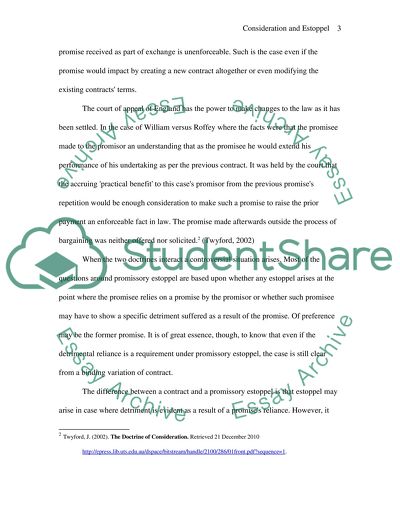Cite this document
(Doctrine of Consideration and Promissory Estoppel Case Study, n.d.)
Doctrine of Consideration and Promissory Estoppel Case Study. Retrieved from https://studentshare.org/law/1574770-contract-law-doctrine-of-consideration-and-promissory-estoppel
Doctrine of Consideration and Promissory Estoppel Case Study. Retrieved from https://studentshare.org/law/1574770-contract-law-doctrine-of-consideration-and-promissory-estoppel
(Doctrine of Consideration and Promissory Estoppel Case Study)
Doctrine of Consideration and Promissory Estoppel Case Study. https://studentshare.org/law/1574770-contract-law-doctrine-of-consideration-and-promissory-estoppel.
Doctrine of Consideration and Promissory Estoppel Case Study. https://studentshare.org/law/1574770-contract-law-doctrine-of-consideration-and-promissory-estoppel.
“Doctrine of Consideration and Promissory Estoppel Case Study”. https://studentshare.org/law/1574770-contract-law-doctrine-of-consideration-and-promissory-estoppel.


